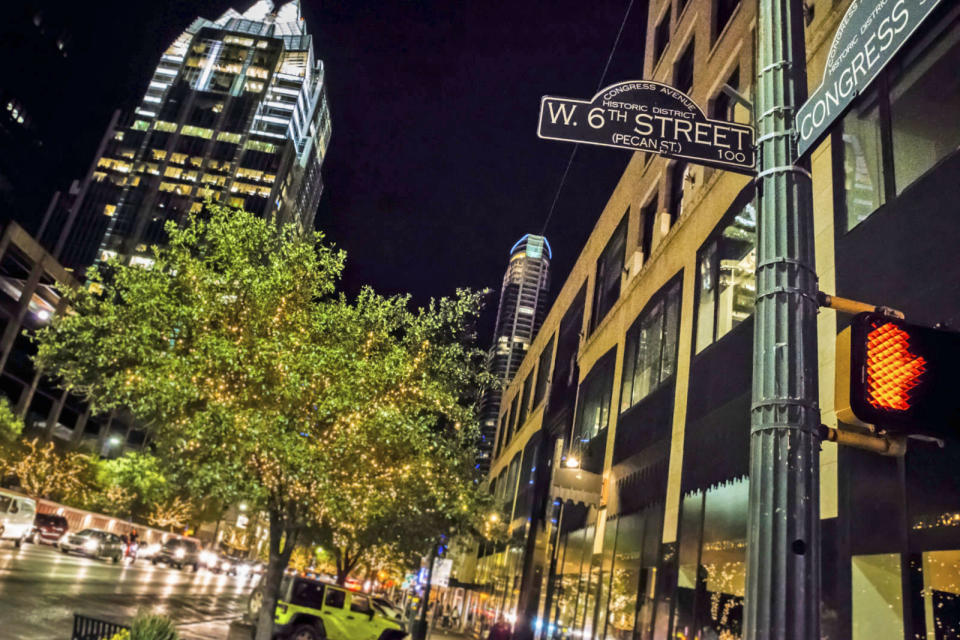Austin test uses blockchain to improve ID for the homeless
It could reduce poverty and improve services for those with no paper ID.
Many people take identification for granted, but it's a serious challenge if you're homeless. If you lose what's on your back, you might lose everything -- and recovering that ID is much harder when you have no fixed address or easy transportation to government offices. Austin might have a technological solution. The Texas city is piloting a system that uses blockchain identifiers to safeguard the IDs and vital records of homeless people in a way that's more accessible for service providers.
Similar to Microsoft's digital ID initiative, the distributed and encrypted nature of blockchain would make records accessible virtually anywhere while preserving security. Workers could verify someone's ID on the street, for example, while a clinic could quickly check a patient's history even if it's their first visit to that location.
There are some security concerns about a system like this. You'd need to be certain when authenticating an ID holder, since a fraudster might have access to a huge range of info. If the pilot is successful in ironing out this and other issues, however, this could be crucial to not only providing better services to the homeless, but helping them escape homelessness. When your identification is safe, you can tap into social assistance and job programs on a consistent basis and focus on creating a better future.


